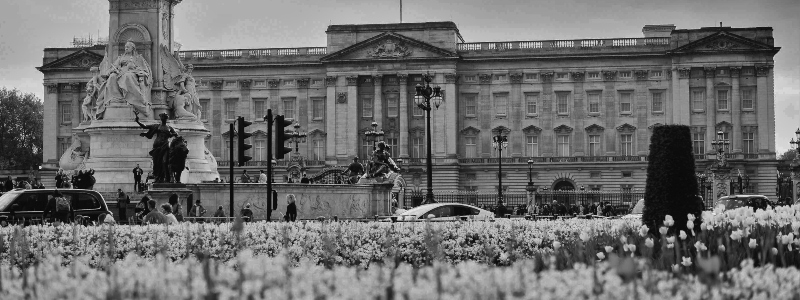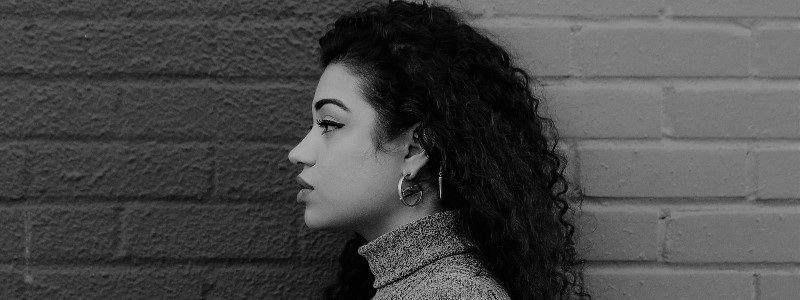Planning
Retirement planning, looking ahead to a time of not working and speculating on what the next part of life might be, is part of our working world. This preparation for retiring acknowledges an approaching ending and begins the transition to a life after work. The preparation for one’s financial future often takes a central position in retirement planning, yet the psychological effects are often not really explored. Can we consider the psychological impact of retiring as part of our retirement planning?
The world after work is an unknown until we find ourselves in it. What is it like to speak of work in the past tense and describe ourselves as being a ‘former’? Work brings us personal rewards and it can also be the source of stress and anxiety. Work pays us and gives our life structure. It gives us social interaction, it might give us a title, a sense of what we are capable of and can also be part of our sense of self. Who we are can be defined by work, which is then lost when we retire.
Transition
The transition into retirement is a period when we think about the shift from a work/life structure into a retirement/life structure. Here we are disengaging from a working life and engaging with retirement, combining both a reflection on what has ended with a sense of what is ahead. Can we find a sense of who we are after working that fits with who we felt that were when we worked?
Regarding our life when we are retired, do we have an idea of what our lives will be like? Is it a time in which we pursue all that hasn’t been possible before? Do we think of it as a time to explore, or does it feel like a loss of much that has been a part of our lives up to this point? The answer might be a combination of all the above. There is a challenge to having a ‘good retirement’ when we might not know what that looks or feels like.
Ageing
Whilst retiring early is not uncommon, so often retirement comes with a reference to ageing. It can be seen as an acknowledgement of a stage in middle to later life. Such milestones are reflections on the passing of time and present us with thoughts about mortality and a give one the opportunity to reflect on what lies ahead with renewed interest.
Choices
In thinking about retirement there are numerous choices and adjustments that must be made. Are we able to hold onto a sense that we are making good choices, when we have so many to make? The challenge of so much to consider is that it can all feel immediate. Is it possible to see retirement as a process that takes time? That one can move into it with a sense of curiosity and not feel the anxiety that comes with making so many adjustments all at once.
Psychotherapy and retiring
So much about retirement is personal and everyone will approach it differently. The people around us, the aspirations that we hold for our retirement, our sense of self as being separate from our work. So many factors as individual as we are.
The factors explored above are a small part of what is going on psychologically in retirement. Psychotherapy gives one the space to understand these changes and what it brings up. The loss of working life can be intense and hard to make sense of, as can the change to our sense of the status that we derive from work. The role of psychotherapy here isn’t to put forward solutions, as with financial planning, but to allow reflection and the space to adjust to change.
Retiring can feel like a time of great opportunity and potentially an experience of loss. Having the space to be reflective about how it feels to retire can be a beneficial part of the process. Psychotherapy, as a means of supporting those about to and going through retirement, can help to ease one into this next phase of life.
David Work is a BACP registered psychotherapist working with adults, offering long term individual psychotherapy. He works with individuals in Hove . To enquire about psychotherapy sessions with David , please contact him here, or to view our full clinical team, please click here.
Further reading by David Work –









